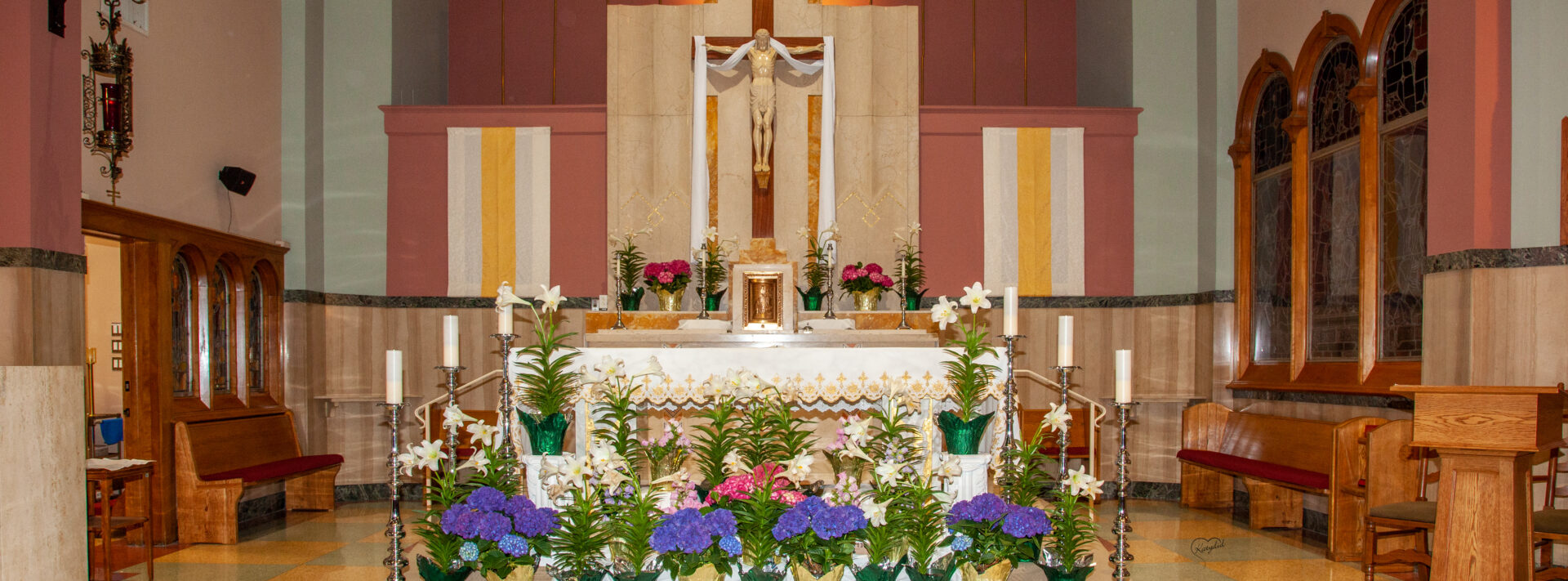Attorney John Kralik’s life was falling apart. He was unhappy, out of money, overweight, going through a second divorce, and living in a run-down apartment in Los Angeles. He wasn’t able to give his employees a Christmas bonus because his clients were behind on their bills or simply not paying them. On New Year’s Day while hiking in the hills outside LA, a notion came into his head: He would handwrite one thank-you note each day for the next year, for a total of 365 expressions of thankfulness. This self-imposed gratitude exercise led him to see things right under his nose for which he could be thankful yet hadn’t noticed. This project led to a complete turnabout in his life— and eventually to his best-selling book, A Simple Act of Gratitude: How Learning to Say Thank You Changed My Life.
On Thanksgiving, the Gospel of the 10 lepers (Lk 17:11-19) echoed this powerful message of being thankful. To be truly grateful, changes lives in this world and prepares us for the next. With that being said, it is still disappointing to hear that Jesus received only a 10 percent return of gratitude for the healing that he did. We may identify with this sadness in our own lives when we hear people are not coming to mass to praise and worship God for all the things he has done for us. It might break our hearts even more so when the people who are not coming are our friends, family, children, husbands, wives and so on.
How do we react to our broken hearts? In our sadness we may be discouraged or even point fingers, blaming others for things not happening the way we think they should. We may even blame ourselves for things not working out the way we think they should. Maybe we are just so fed up and disappointed with everything that we are angry with everyone.
If that is us, let us reflect on how Jesus reacted to something similar in the gospel. Jesus is sad! God, who is human as well as divine, shared everything with humanity except sin. Jesus had emotions and was disappointed that only one person came back. Jesus acknowledged His feelings as He asked, “where are the other nine, where are the 90%”? Again, He is not happy with the outcome, but He does not dwell on what is not. He focuses on what is. He is present to the moment of His heart and is thankful for this one person, the 10% whose heart was changed. As Jesus says, the man’s gratitude was his “salvation.”
Jesus, who is the Divine Healer, can teach us how to work through our pains, wounds, and hurts in a healthy way. He wants to teach us to be present and grateful to what is good in our lives and not to dwell too much on what is not going well in life. He wants to teach us how to move forward with a suffering heart, with Joy and Hope. So, if we are hurt and wounded, if our hearts are broken in big things or small things in life, this Advent season is a great opportunity to allow Jesus into our hearts. Ask Him to come into your heart. Then ask for the grace of patience and to be open to those opportunities for healing when they present themselves. When we do this and recognize God as the one who heals us, then we are like John the Attorney or the Samaritan in the gospel on our way to salvation.

